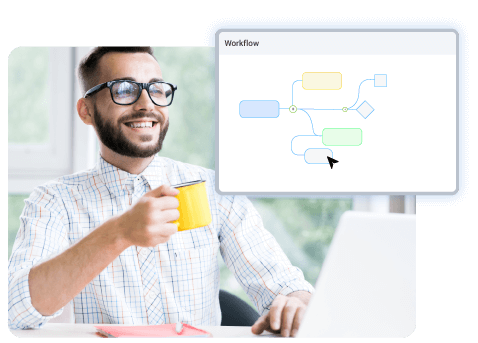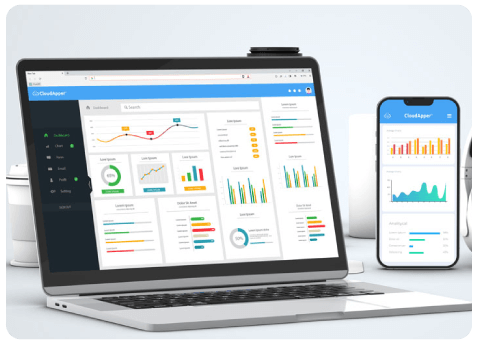Use of AI Agricultural for Workforce Management: Berry Farmers Reap 70% More Productivity
CloudApper AI boosted a berry farm’s productivity by 70%, automating performance tracking, bonus calculations, and labor compliance. The platform streamlined operations, reduced payroll errors by 80%, and empowered farmers to dynamically manage activities—enhancing efficiency and employee engagement during the harvest season.
Agriculture has always been the backbone of economies, but with fluctuating weather patterns, labor shortages, and market pressures, farmers are searching for ways to boost efficiency. This is where the use of AI can benefit the agricultural sector. The agricultural sector is increasingly turning to artificial intelligence (AI) to optimize processes, predict outcomes, and maximize productivity. Studies show that the use of AI in agriculture can increase productivity by up to 70% across various farming activities, from crop management to yield tracking.
The global AI agricultural market is expected to grow to $4.5 billion by 2028, driven by automation and predictive analytics tools that streamline farming operations. AI applications range from drone surveillance for monitoring crop health to predictive irrigation systems that optimize water usage. However, one of our recent remarkable cases demonstrating the power of AI in agriculture involves a berry farming company that used the CloudApper AI platform to track and improve farmers’ productivity during the harvesting season.

A berry farm partnered with CloudApper to tackle the complexities of managing employee productivity during the harvest. The company required a customized AI solution to monitor individual and group performance, calculate bonuses, and ensure compliance with quality standards. Managers leveraged the CloudApper AI platform to define production plans, track outcomes, and automate bonus calculations—all without writing a single line of code. The farm’s productivity goals shifted from month to month, with employees required to meet targets based on different activities—such as planting, pruning, and harvesting. Through the CloudApper AI, the company set individual, group, and facility-wide production targets. These goals were not static: the platform allowed managers to change them dynamically and tailor them to specific activities.

Whether workers received individual or group bonuses depended on the task type. If farmers hit at least 70% of the target goal, they became eligible for bonuses. However, AI ensured that only those with 95% or higher quality scores qualified, helping maintain product standards. One employee, John, achieved 93.33% productivity on August 21, with a quality score of 95%. His overall performance was calculated as 88.67% (93.33% × 95%), qualifying him for a daily bonus of $73.89. The platform automatically handled all these calculations and flagged any unjustified absences that could disqualify employees from receiving bonuses.
The flexibility of the CloudApper AI platform also supported dynamic shifts in activities during the day. In one instance, John switched tasks mid-shift—planting seeds in the morning and cleaning seedbeds later in the day. His performance for both activities was recorded separately, and the platform combined them for a total performance of 88%. His two activities earned him a combined bonus of $73.33 for the day, split between the two tasks.

The CloudApper platform provided the farm with more than just productivity tracking. It integrated seamlessly with payroll systems, exporting all performance data as Excel or CSV files for fast bonus calculations. Supervisors could assign employees to groups for the day, and the platform automatically calculated bonuses based on the group’s average performance.
The system also helped ensure labor compliance by tracking attendance and preventing unjustified absences from being overlooked. The farm reported a 65% improvement in labor compliance and an 80% reduction in manual payroll errors, saving time and money.
AI agriculture is not just a trend—it’s a necessity in modern farming. With AI, farmers can increase productivity, streamline processes, and improve employee engagement. The berry farm’s success with CloudApper AI demonstrates the transformative impact of AI on agricultural productivity, with the farm achieving 70% more efficiency during the harvest season.













